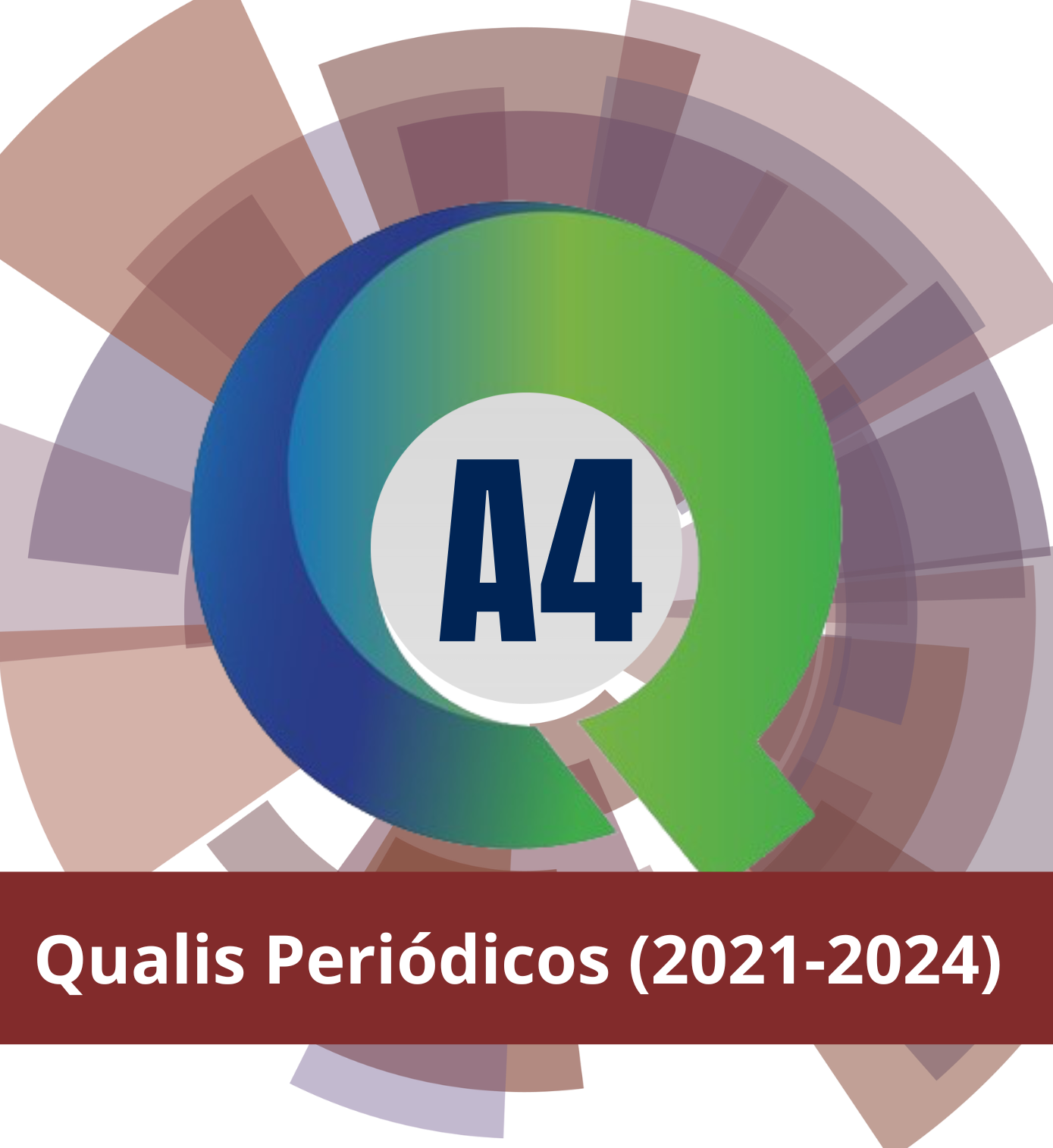Mulheres, relações de gênero e divisão sexual do trabalho em Minas Gerais: Negras, assentadas de reforma agrária e da economia solidária em Lavras, Guapé e Prados
DOI:
https://doi.org/10.25059/2527-2594/retratosdeassentamentos/2015.v18i1.179Palavras-chave:
Relações de Gênero, Divisão Sexual do Trabalho, Mulheres Assentadas de Reforma Agrária, Mulheres Negras, Mulheres da Economia Solidária.Resumo
Entre os desafios da sociedade contemporânea, a compreensão sobre o porquê e como as mulheres se organizam em coletivos representou uma senha para a orientação dos trabalhos de pesquisa em interface com extensão, desenvolvidos a partir do projeto “Relações de Gênero: Configurações e Reconfigurações da Divisão Sexual do Trabalho entre Mulheres Negras, Assentadas da Reforma Agrária e da Economia Solidária”.
O principal objetivo deste artigo é apoiar a compreensão das relações de trabalho e gênero a partir de atividades de pesquisa e extensão realizadas junto a três grupos organizados de mulheres: Olhos d´água: Produzindo e Preservando do Assentamento Santo Dias, coordenado pelo MST, no município de Guapé, mulheres negras do Conselho Municipal de Políticas
de Igualdade Racial de Lavras e mulheres da Economia Solidária do município de Prados, todos os três situados no estado de Minas Gerais.
As configurações e reconfigurações da Divisão Sexual do Trabalho foram identificadas nos três grupos, como dimensões que podem ajudar ou limitar o fortalecimento organizativo das mulheres. Procuramos construir informações sobre a realidade em que estão inseridas, de forma dialogada, o que significou ora atividades específicas com cada grupo, ora envolvendo os três grupos, e interagindo na sequência com outros grupos de mulheres. A metodologia utilizada durante os dois anos de execução do projeto contou com métodos quantitativos e qualitativos de obtenção de informações, com oficinas pedagógicas, dois Encontros Intermunicipais, visita a um grupo de mulheres chamado Noiva do Cordeiro no município de Belo Vale, na região metropolitana de Belo Horizonte, participação na organização do II Encontro Municipal de Economia Solidária de Prados e do Encontro da Juventude Negra em Lavras: Violência em Foco. Simultaneamente, conduzimos uma pesquisa sobre trabalho, com o objetivo de identificar e compreender as relações entre espaço reprodutivo e produtivo em grupos que mantêm diálogos com movimentos sociais, entre eles, o Movimento Negro, o Movimento dos Trabalhadores Rurais Sem Terra - MST e o Movimento de Economia Solidária. Como um dos principais resultados, podemos elencar as especificidades organizativas de cada grupo que lidam com processos de mediação distintos, onde pautar a importância do trabalho das mulheres e todas as dimensões a ele correlacionadas é ainda tarefa feminina. No âmbito privado, as negociações para a divisão de tarefas reprodutivas abrem um leque de possibilidades familiares demandado pela atuação das mulheres no espaço público, quaisquer que sejam as dimensões econômicas específicas a cada coletivo. Cuidar da casa e dos quintais, dos (as) filhos (as) e dos (as) idosos (as) ainda é uma pauta prioritariamente feminina, salvo raras exceções. Mesmo assim, compreendemos que a participação nos coletivos de mulheres contribui significativamente para distintos processos de empoderamento, seja cognitivo, político ou econômico dessas mulheres.
Referências
BOURDIEU, Pierre. Economia das trocas simbólicas. São Paulo: Perspectiva, 1992.
BRANDÃO, C.R.; STRECK. Pesquisa Participante - o Saber da Partilha.
Editora Ideias e Letras, 2006.
BRONZATTO, Luiz Augusto. A Luta por Autonomia no Assentamento Santo Dias: uma abordagem à luz da nova condição camponesa. Dissertação (Mestrado em Administração). Programa de Pós Graduação em Administração DAE/UFLA, 2013.
BUTTO, Andrea; LOPES, Adriana L.(Orgs). Mulheres na Reforma Agrária: a experiência recente no Brasil. MDA, Brasília, 2008.
BUTTO, Andrea; HORA, Karla Emmanuela R. Mulheres e Reforma Agrária no Brasil. In: Mulheres na Reforma Agrária: A experiência recente no Brasil. MDA, Brasília, 2008.
CARNEIRO, Costa Jussara. Mulheres e Economia Solidária: hora de discutir a relação! In Sociedade e Cultura. Goiânia, jan/jun 2013.
FREIRE, Paulo. Extensão ou Comunicação? Editora Paz e Terra, 1969.
HIRATA, Helena. Divisão sexual do trabalho: o estado das artes. In: Nova Divisão Sexual do Trabalho? Um olhar voltado para a empresa e a Sociedade. São Paulo: Boitempo Editorial, p. 273-289, 2002.
HIRATA, Helena; KERGOAT, Danièle. Novas configurações da divisão
sexual do Trabalho. Cadernos de Pesquisa, v. 37, n. 132, set./dez. 2007.
KERGOAT, Danièle. Divisão Sexual do Trabalho e Relações Sociais de
Sexo. In: HIRATA, Helena et al (Orgs.) Dicionário Crítico do Feminismo. São Paulo: Editora da UNESP, p. 67-71, 2009.
LIMA, Graziele, C, D. O “sujeito da reforma agrária” e a constituição de
mediadores. In: Desenvolvimento Social e mediadores políticos. Porto
Alegre: Editora da UFRGS, Programa de Pós Graduação em Desenvolvimento Rural, p.129-153, 2008.
MAGRINI, Pedro Rosas. Cruzando Fronteiras Invisíveis: desvendando
relações de gênero em um assentamento rural organizado pelo MST no sul de Minas Gerais. Dissertação (Mestrado em Administração). Programa de Pós Graduação em Administração DAE/UFLA, 2010.
MARTINS, Douglas Vinícius Vaz. A vida no e para além do roçado:
reprodução social e pluriatividade no Assentamento Santo Dias em Guapé – Minas Gerais. Dissertação (Mestrado em Administração). Programa de Pós Graduação em Administração DAE/UFLA, 2011.
MEDEIROS, Leonilde Servolo de. Assentamentos Rurais e Gênero: temas de reflexão e pesquisa. In: Mulheres na Reforma Agrária: A experiência recente no Brasil. Brasília: MDA, 2008.
NEVES, D.P (Org.) Desenvolvimento Social e Mediadores Políticos.
Porto Alegre: Editora da URFGS, Programa de Pós Graduação em Desenvolvimento Rural, 2008.
OLIVEIRA,Isla Karla Azevedo Pedro. Relações entre ascensão escolar
e trabalho para mulheres negras em um município no sul de Minas
Gerais. Dissertação (Mestrado em Administração). Programa de Pós Graduação em Administração DAE/UFLA, 2014.
SOIHET, Rachel. História, mulheres, gênero: contribuições para um debate. In: SOIHET, Rachel. Gênero e Ciências Humanas. História, mulheres, gênero: contribuições para um debate. Rio de Janeiro: Universidade Federal Fluminense, 1997.
SCOTT, Joan. Gênero: uma categoria útil de análise histórica. Educação e Realidade. Gênero e Educação, Porto Alegre, v. 20, n. 2, p. 71-99, jul/ dez. 1995.
SUÁREZ, Mireya. As categorias “mulher” e “negro” no pensamento brasileiro. Universidade de Brasília. Grupo de Trabalho Temas e Problemas da População Negra no Brasil. XV Encontro anual da ANPOCS, 15 A 18 de outubro de 1991. In: Anais..., Caxambu, Minas Gerais, 1991.
______. Gênero: uma palavra para desconstruir ideias e um conceito
empírico e analítico. Encontro de Intercâmbio de Experiências do Fundo de Gênero no Brasil. Projeto Fundo para a Equidade de Gênero, 1999. Campinas. Palestra. Campinas: Agência Canadense para o Desenvolvimento Internacional, 1999, 18 ps.
Downloads
Publicado
Como Citar
Edição
Seção
Licença
O(s) autor(es) autoriza(m) a publicação do artigo na revista;
• O(s) autor(es) garante(m) que a contribuição é original e inédita e que não está em processo de avaliação em outra(s) revista(s);
• A revista não se responsabiliza pelas opiniões, ideias e conceitos emitidos nos textos, por serem de inteira responsabilidade de seu(s) autor(es);
• É reservado aos editores o direito de proceder ajustes textuais e de adequação do artigo às normas da publicação.
Autores mantêm os direitos autorais e concedem à revista o direito de primeira publicação, com o trabalho simultaneamente licenciado sob a Licença Creative Commons Attribution, que permite o compartilhamento do trabalho com reconhecimento da autoria e publicação inicial nesta revista.
Autores têm autorização para assumir contratos adicionais separadamente, para distribuição não exclusiva da versão do trabalho publicada nesta revista (ex.: publicar em repositório institucional ou como capítulo de livro), com reconhecimento de autoria e publicação inicial nesta revista.
Autores têm permissão e são estimulados a publicar e distribuir seu trabalho online (ex.: em repositórios institucionais ou na sua página pessoal) a qualquer ponto antes ou durante o processo editorial, já que isso pode gerar alterações produtivas, bem como aumentar o impacto e a citação do trabalho publicado (Veja O Efeito do Acesso Livre) em http://opcit.eprints.org/oacitation-biblio.html















